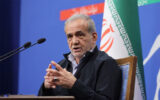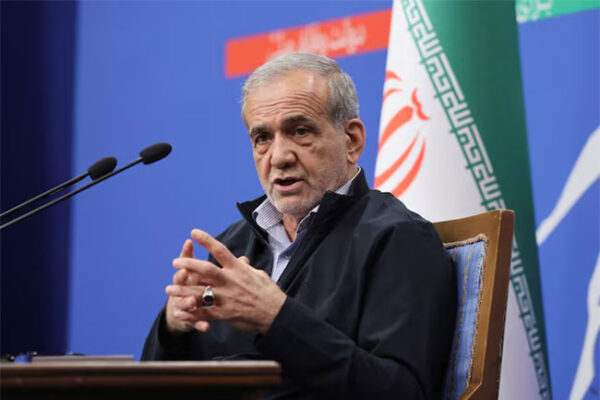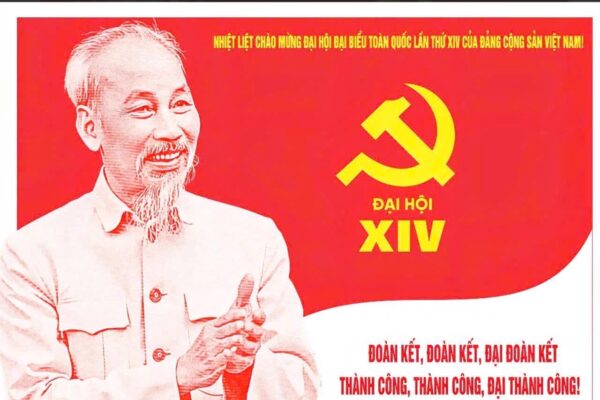Dr RAJAH M SAJJID KHAN
ILAMABABAD :: Kashmir is the oldest unresolved conflict on the United Nations’ agenda. Major part of the erstwhile State of Jammu and Kashmir is under the illegal occupation of India. The Indian-occupied area of Kashmir resembles an open prison, with its people enduring oppression and subjugation. On 10 December 2023, the global community will commemorate the 75th anniversary of the Universal Declaration of Human Rights (UDHR). Simultaneously, the people of the Indian illegally occupied Jammu and Kashmir (IIOJK) will mark the 75th anniversary of the United Nations Security Council (UNSC) resolutions on Kashmir, resolutions that are yet to be implemented. The Kashmir conflict is an international armed conflict. According to Common Article 2 of the Geneva Conventions of 1949, International Armed Conflict (IAC) is defined as “all cases of declared war or of any other armed conflict that may arise between two or more of the High Contracting Parties, even if the state of war is not recognized by one of them.” Additional Protocol I, Article 1[4], para. 1) defines “armed conflicts in which peoples are fighting against colonial domination, alien occupation, or racist regimes.”
In occupied Jammu and Kashmir people are fighting against alien occupation and to achieve the right to self-determination. Jammu and Kashmir is a disputed territory whose future must be decided by a free, fair and impartial referendum under the supervision of the United Nations. There are many resolutions of the United Nations Security Council and the United Nations Commission in India and Pakistan. UNSC passed its first resolution on RSD (right to self-determination) on 21 April 1948 (Res. No. 47 (1948)), which states: “Noting with satisfaction that both India and Pakistan desire that the question of the accession of Jammu and Kashmir to India or Pakistan should be decided through the democratic method of a free and impartial plebiscite.” Not only has India consistently refused to grant the right to self-determination to Kashmiris, but in 2019, it abolished the special status of Jammu and Kashmir and divided it into two union territories. This denial of the right to self-determination is a clear violation of international law and UNSC resolutions on Jammu and Kashmir.
The Indian Government is suppressing this struggle by using lethal force and imposing draconian laws. These laws like the Armed Forces Special Powers Act, Unlawful Activities (Prevention) Act, Public Safety Act and others are providing blanket impunity to perpetrators of war crimes and crimes against humanity. Under Section 4(a) of the AFSPA, if the concerned officer is of the opinion that it is necessary to maintain public order, after giving such due warning as he may consider necessary, he can ‘fire upon, or use such force, even to the causing of death. From January 1989 to 30 November 2023, in occupied Jammu and Kashmir, 96,278 civilians were martyred by Indian forces moreover Indian forces’ personnel molested/disgraced 11,259 women. Since 1989, India has subjected 8,000 to 10,000 Kashmiris to enforced disappearances in occupied Kashmir. There are 8,652 unidentified mass graves in 89 villages across six districts of IIOJK.The writer is Director Kashmir Policy Research Institute, ( Director JKLC.)The writer is Director Kashmir Policy Research Institute, Director JKLC.)

















